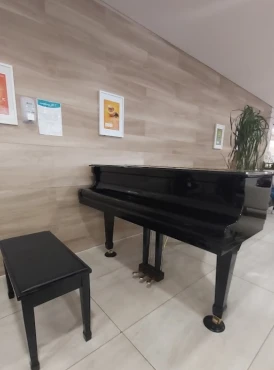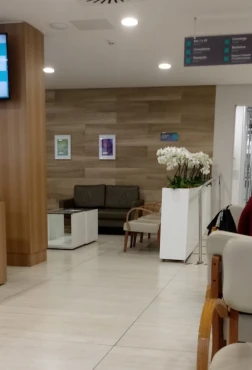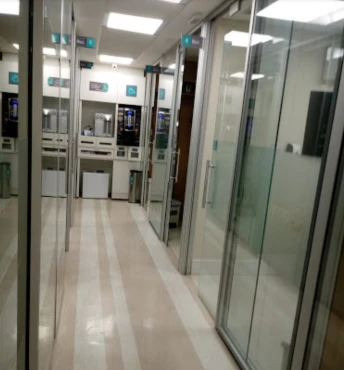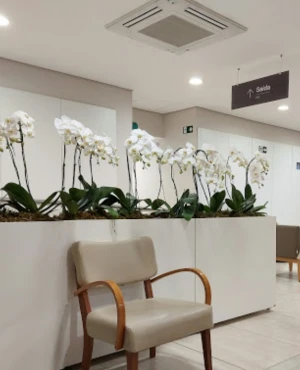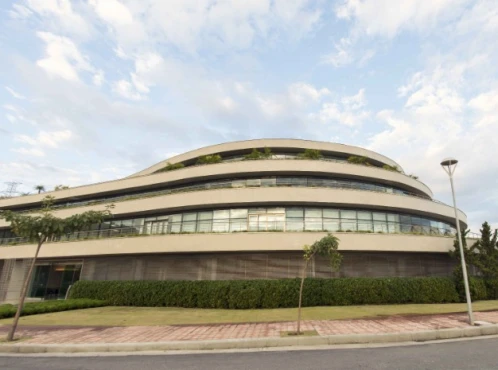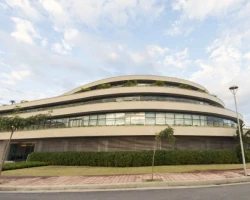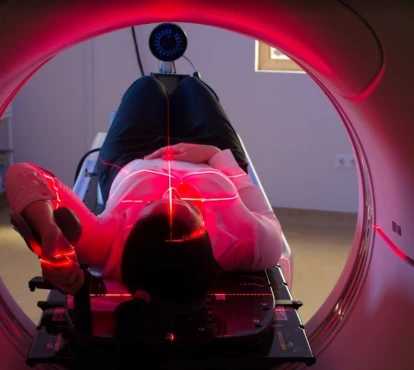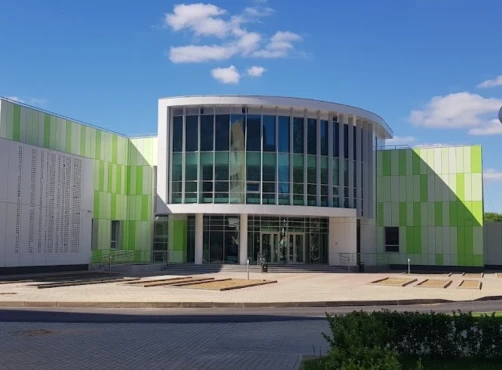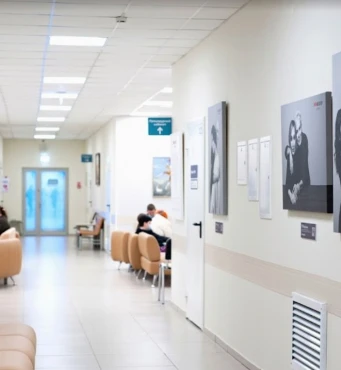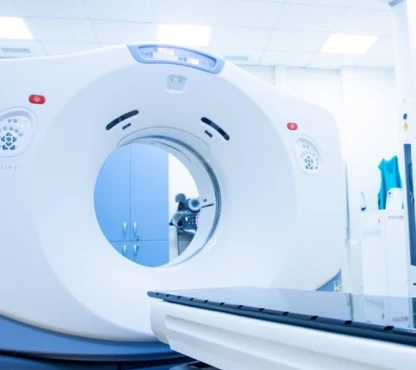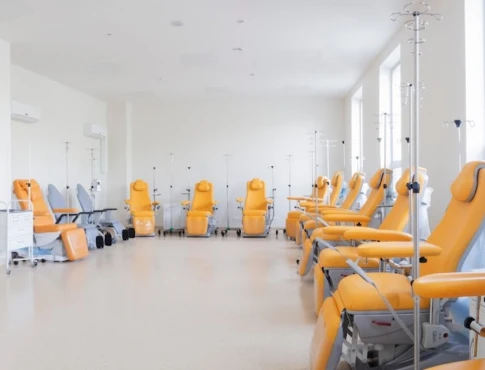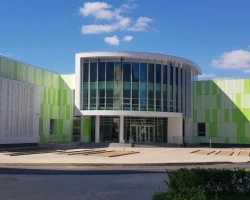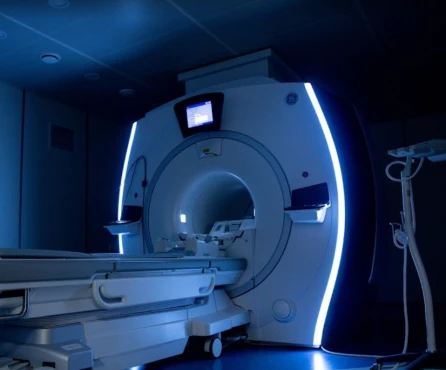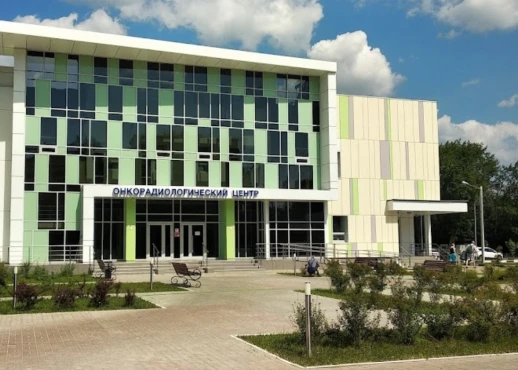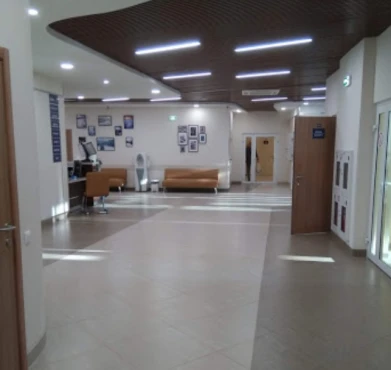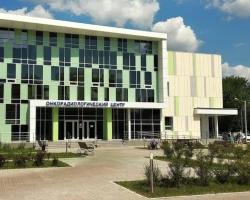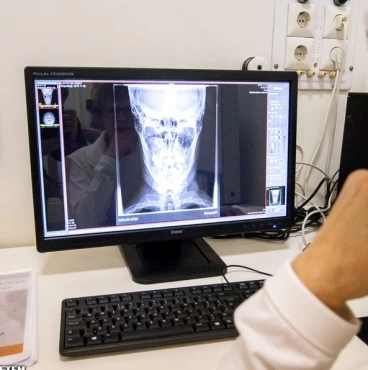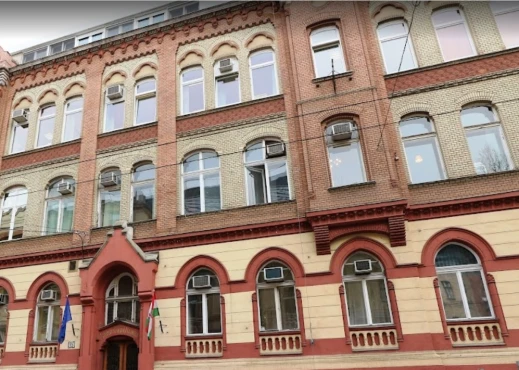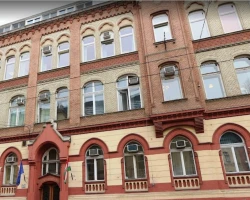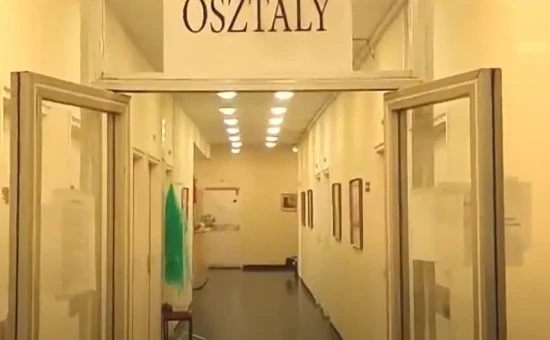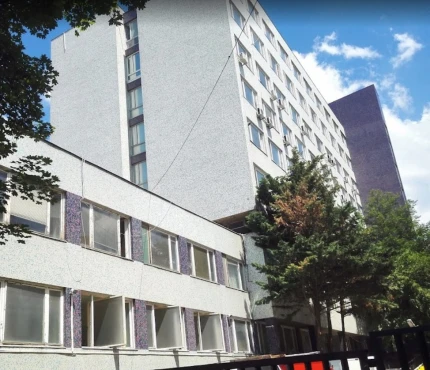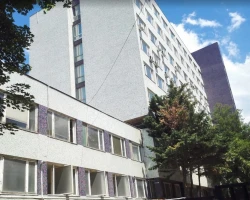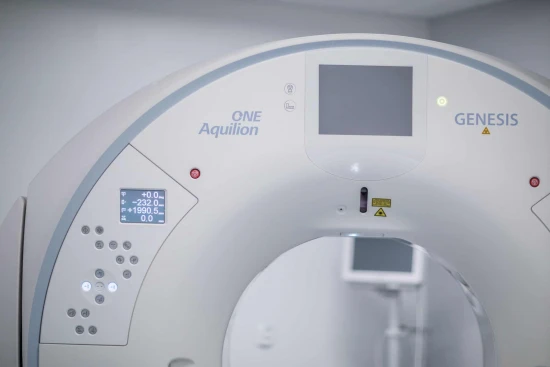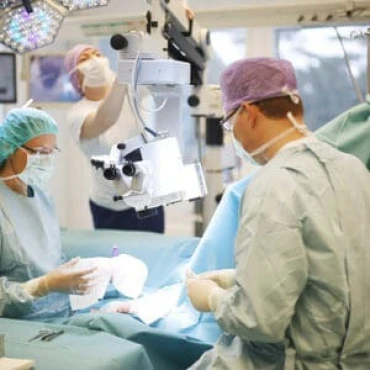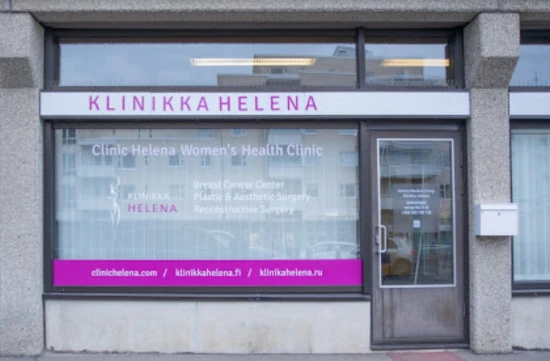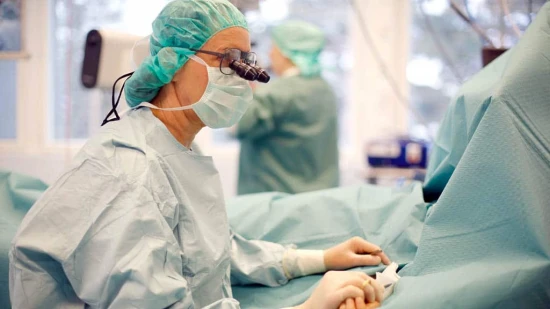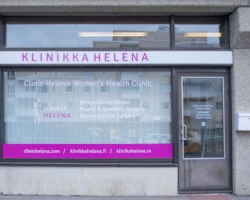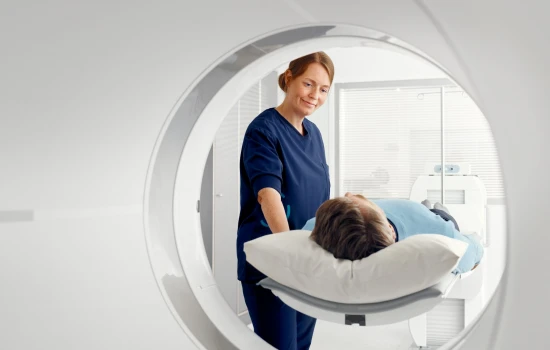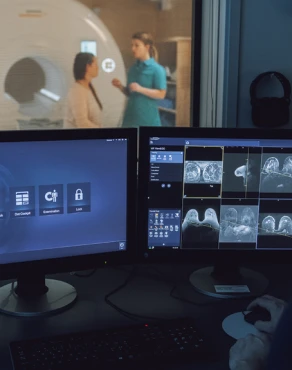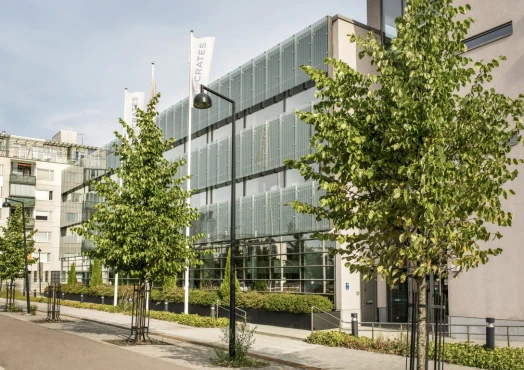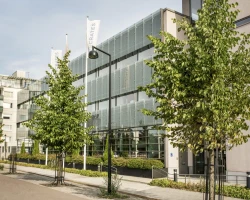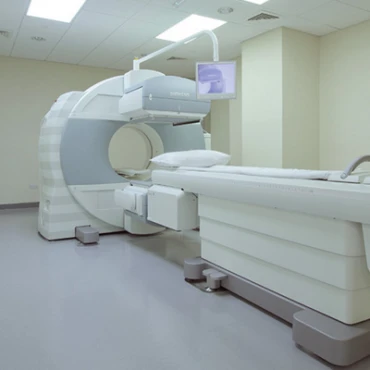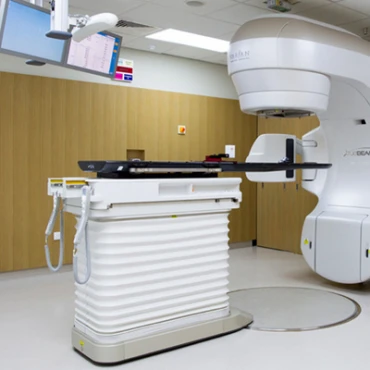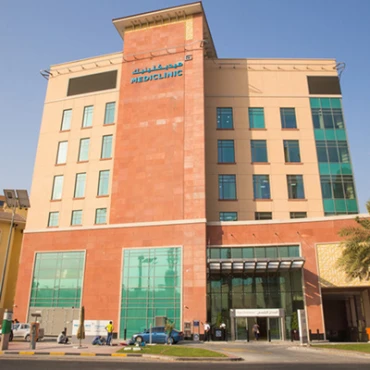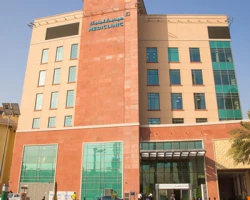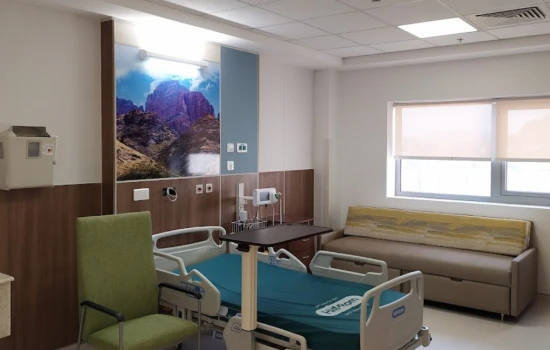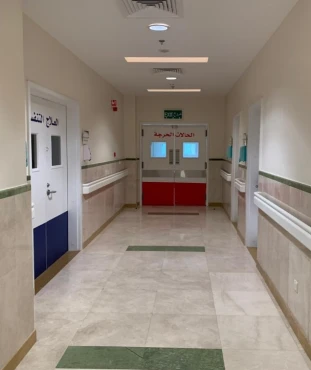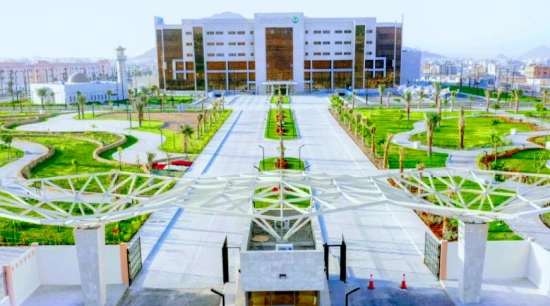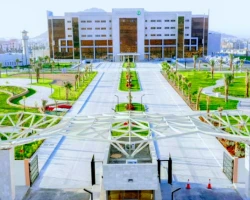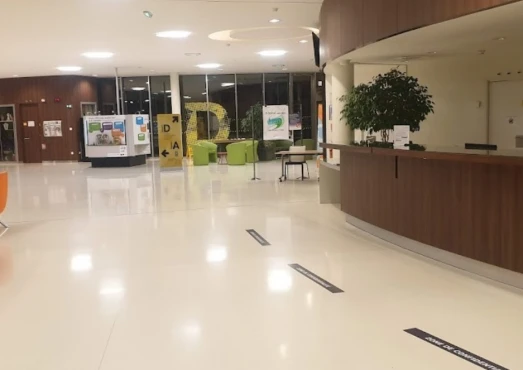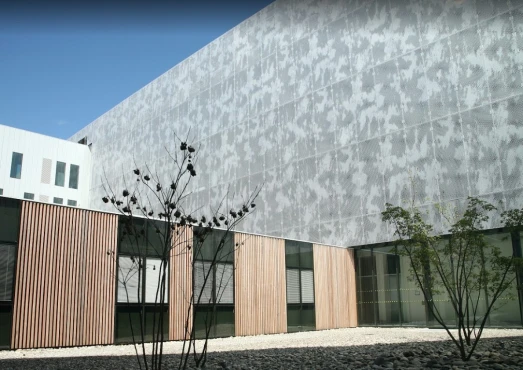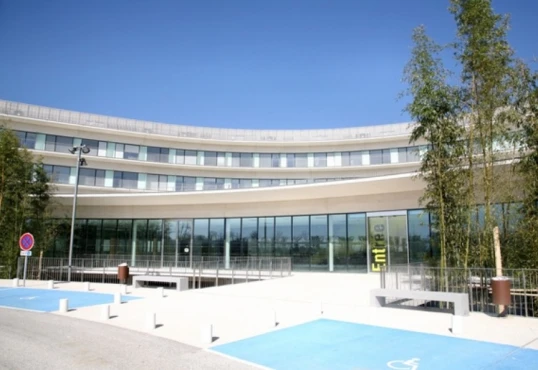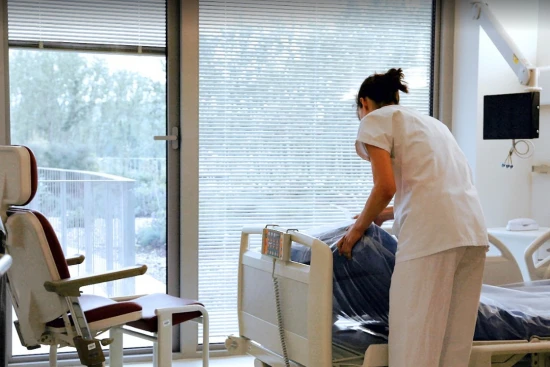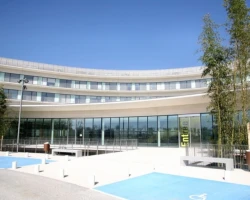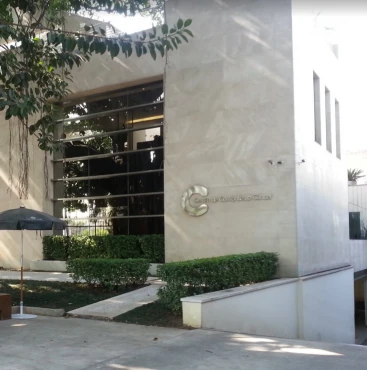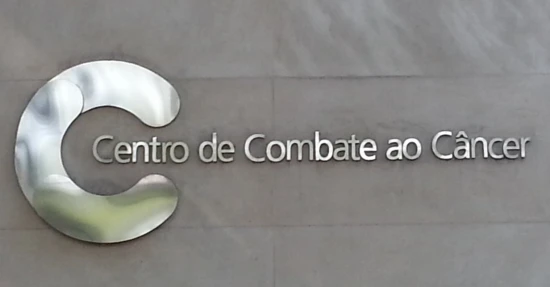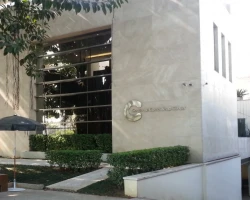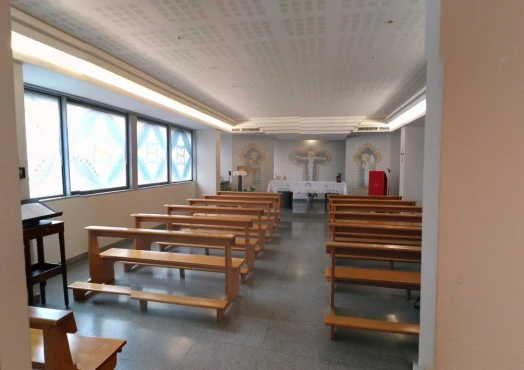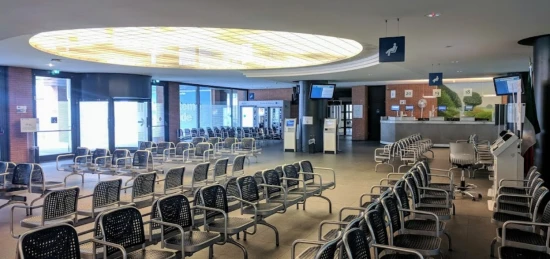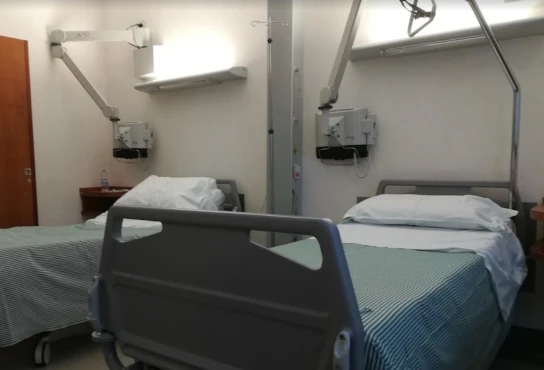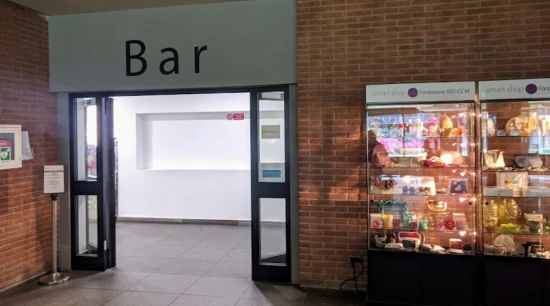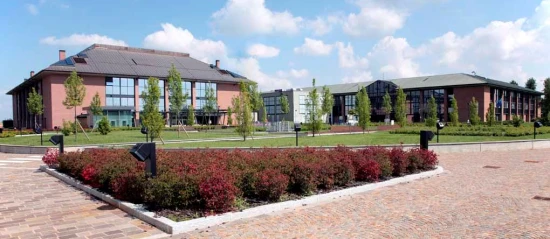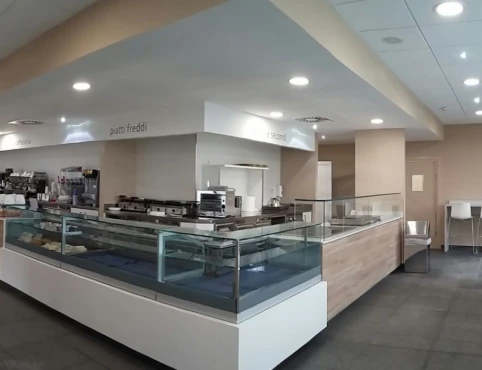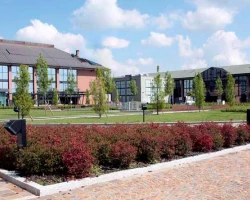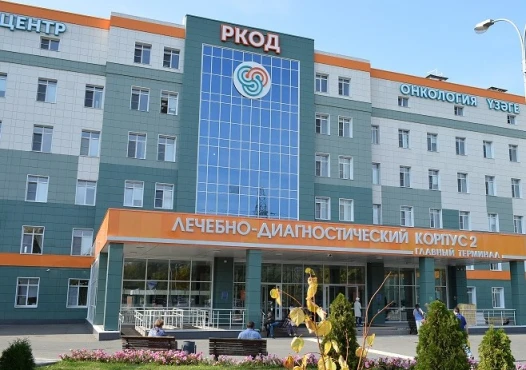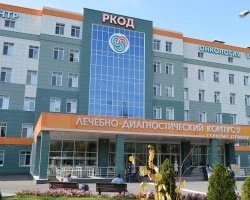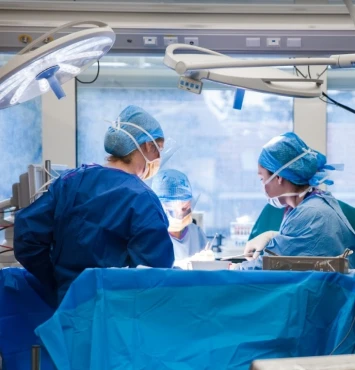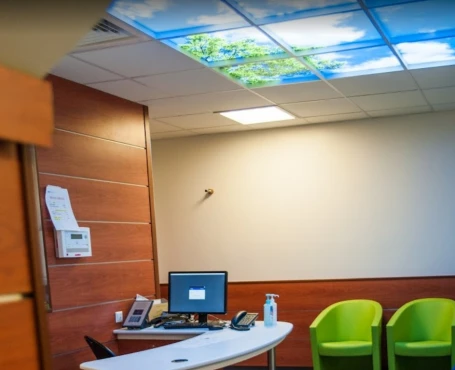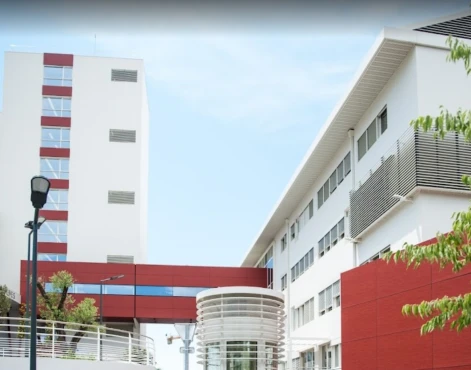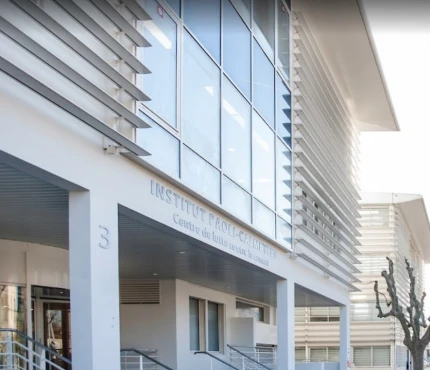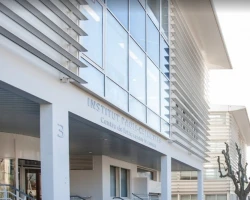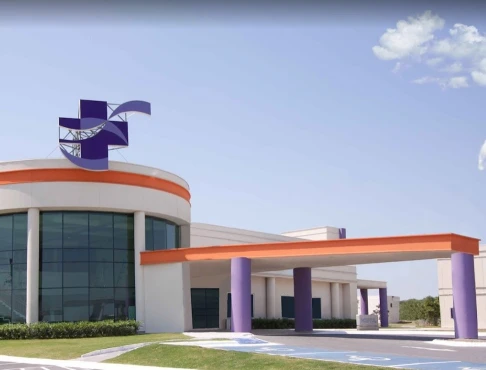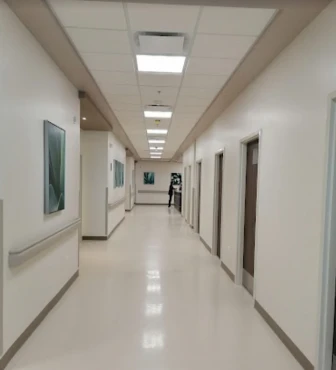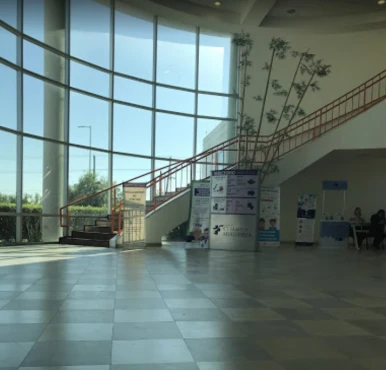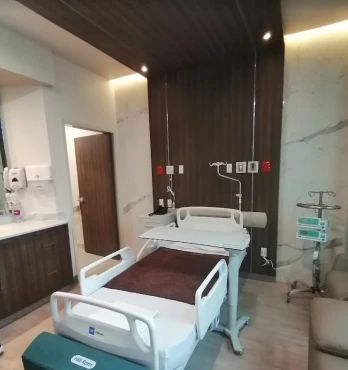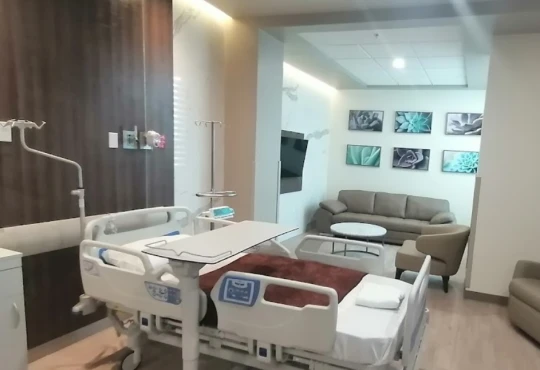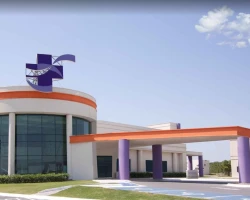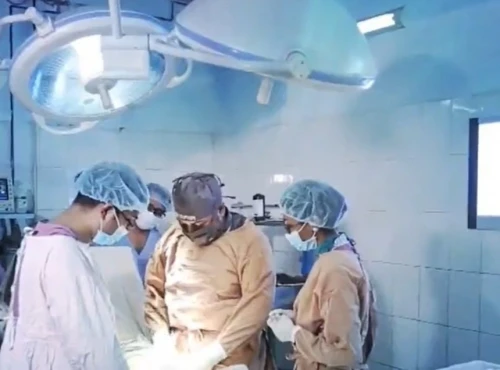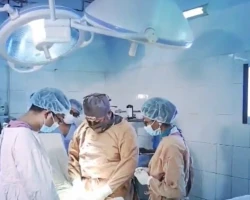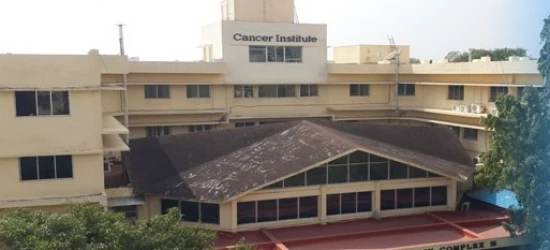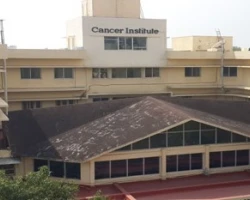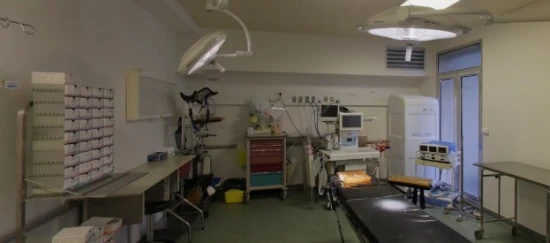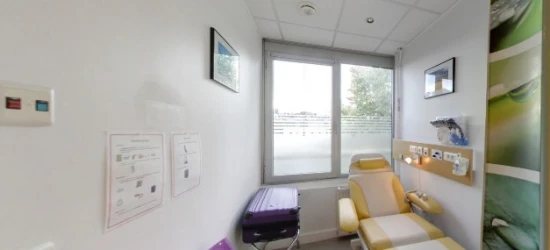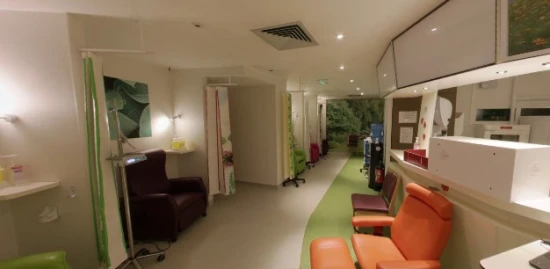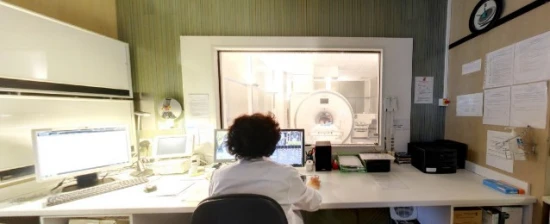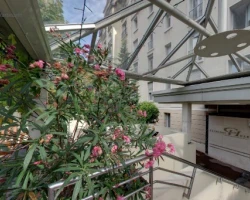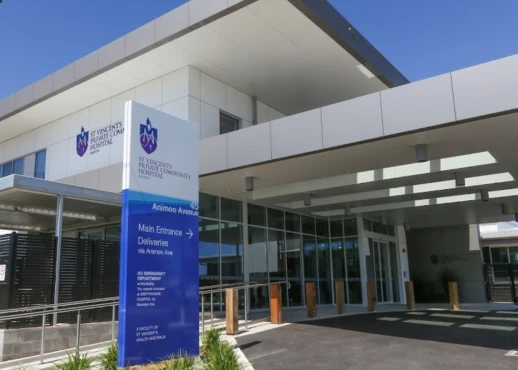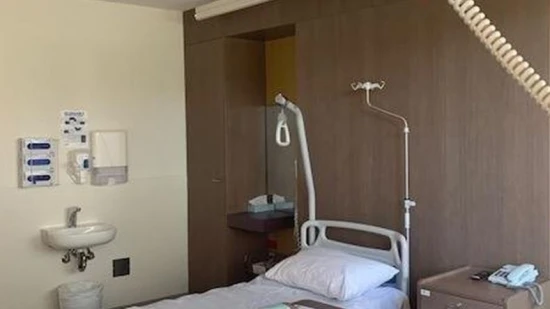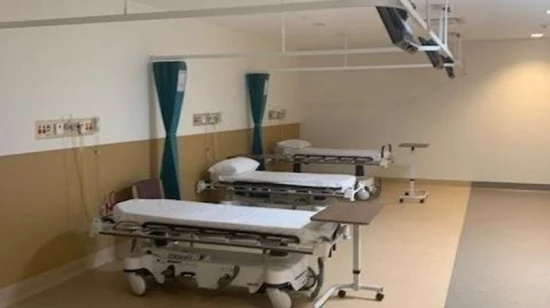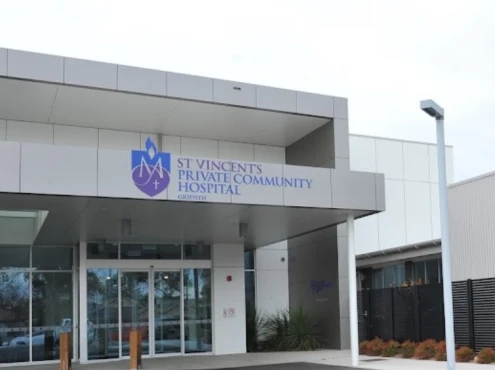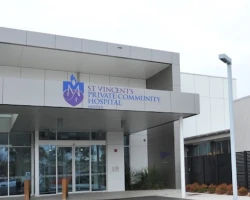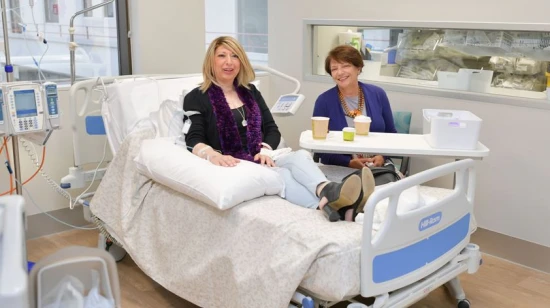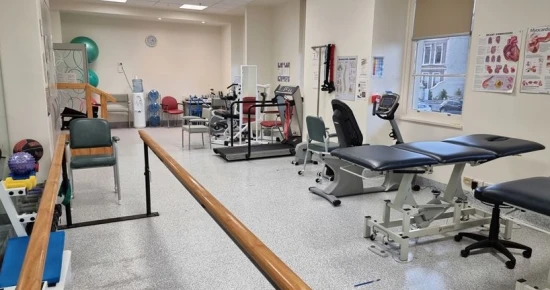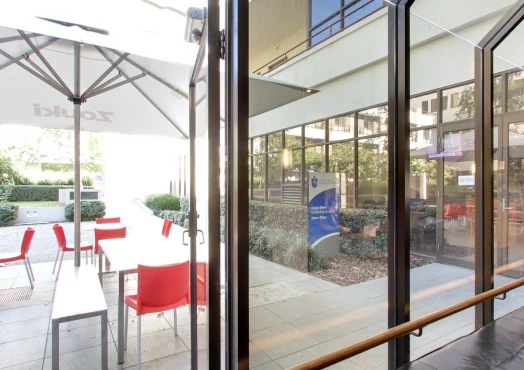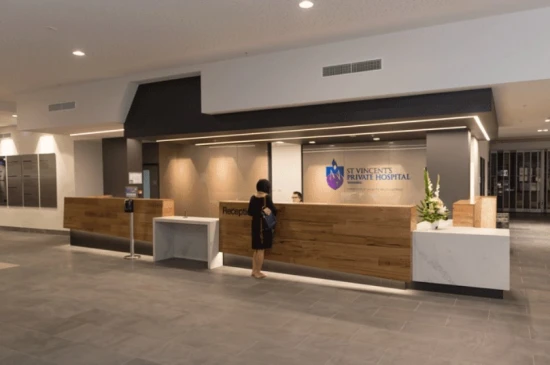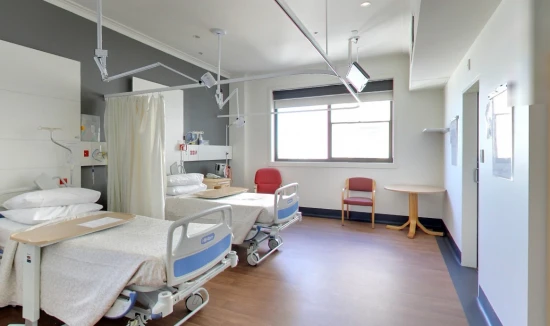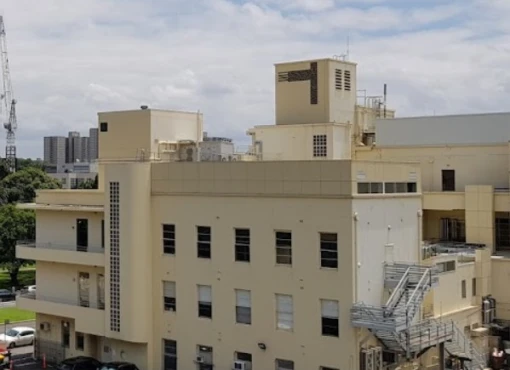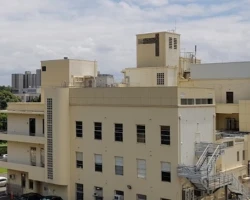Disease Types & Epidemiology
How common is the thyroid cancer?
Thyroid cancer (TC) begins in the thyroid gland, which is situated at the base of the neck and is essential for regulating metabolism by producing hormones. It is a not very common form of cancer (2.2% out of all cancer cases in the US), with approximately 44,020 new cases expected in the United States in 2024, according to the National Cancer Institute. Thyroid cancer mainly impacts women, who are three times more likely to be diagnosed than men. The incidence rates have been raised twice over the recent three decades up to 13.5 per 100,000 population, partly due to better detection techniques.
Thyroid cancer is classified by the malignant cell origin, disease aggressiveness, and prognosis into four types:
- Papillary Thyroid Cancer (PTC) is the most prevalent form, making up approximately 80% of all thyroid cancers. It usually progresses slowly and tends to spread to lymph nodes in the neck. Despite its spreading tendency, early detection leads to an excellent prognosis, with a five--, ten- and fifteen-year overall survival rate surpassing 95% [Cao et al., 2021].
- Follicular Thyroid Cancer (FTC) represents about 10-15% of all thyroid cancers and has the potential to metastasize to distant organs like the lungs and bones. The prognosis is also favorable, with a roughly 90% survival rate five years after treatment.
- Medullary Thyroid Carcinoma (MTC) is an uncommon form of thyroid cancer, making up approximately 3% of cases, and arises from the parafollicular C cells. MTC can occur sporadically or run in families. The 5-year survival rate is about 88.4% for localized disease but declines markedly if the cancer has spread to other body areas [Caille et al., 2024].
- Anaplastic Thyroid Cancer (ATC) is the rarest and most aggressive type, making up about 1-2% of thyroid cancers. It progresses rapidly and often spreads to other parts of the body. Detecting and treating it early is extremely important due to a survival rate of under 10% within five years after diagnosis [Moreno et al., 2022].
Causes & Risk Factors
What is the primary issue of thyroid cancer?
Thyroid cancer's precise origin is still uncertain, although several risk factors have been recognized and classified according to risk raising grade [Crncic et al., 2020]:
- High-risk factors:
- Radiation exposure (head and neck region) is a high-risk factor due to possible chromosomal damage and point mutations involving BRAF and RAS genes as side effects. The use of medical and dental diagnostics has led to a rise in thyroid radiation exposure. Around 30% of CT scans involve the head and neck area, which exposes the sensitive thyroid gland to radiation.
- Chromosomal (genetic) alterations, for example, hyperactive intracellular signaling molecules from the MAPK class (so-called mitogen-activated protein kinases), are responsible for tumor growth in 70% of papillary cancers. Other genetic abnormalities – in 30%-40% of follicular thyroid cancer - are associated with chromosomal fragility due to mutations in BRAF and RAS oncogenes.
- Hereditary conditions, such as hereditary MTC and Familial non-medullary thyroid cancer (FNMTC), account for 3%-9% of thyroid cancer cases.
- Low-risk factors:
- Thyroid imaging with iodine 131: The meta-analysis by Hieu et al. found that radioiodine administration for hyperthyroidism was associated with a higher risk of TC (RR 1.99, 95% CI: 0.92-1.33). Additionally, a dose-related effect on the thyroid was noted at doses exceeding 1 Gy [Hieu et al., 2012].
- Iodine deficiency: Iodine scarcity significantly impacts how the thyroid works. When the amount of thyroid hormones decreases, it triggers an increase in thyroid stimulating hormone (TSH) secretion, which is crucial for stimulating the growth of thyroid follicular cells. This means that even mild iodine deficiency over time could raise the risk of FTC or PTC, occasionally due to BRAF mutations.
- High thyroid stimulating hormone (TSH) level: Moreover, TSH stimulates the secretion of thyroid cancer cell growth factors, such as IGF-1 and insulin, to rise. High TSH levels are associated with a fourfold increase in thyroid cancer development, including a higher risk for advanced disease stage – up to 35% when TSH is between 1.40 and 4.99 mIU/liter [JCEM]. TSH receptor expression remains in well-differentiated thyroid cancers, leading to better survival for patients with suppressive levothyroxine doses.
- Autoimmunity: Graves' disease, Hashimoto's thyroiditis, and systemic lupus erythematosus induce carcinogenic proinflammatory cytokines production that increases TC risk by 21%-37% [Thyroid, 2013; Guo et al., 2022].
- Thyroid benign nodule/-s elevate the TC risk from 5% (single nodule) up to 18% (multinodular goiter) [Journal of Cancer Epidemiology, 2013].
- Environmental pollutants: asbestos, benzene, formaldehyde, pesticides.
- Lifestyle and diet: physical activity decreases body fat mass and prevents a large volume of proinflammatory factors from being produced. Meanwhile, in some populations, a specific fruit or vegetable may exacerbate the risk of TC development. For example, in Norway – citrus fruits (х 2.8 times); in France – cruciferous vegetables like broccoli with low iodine intake < 96 microgram/day (х 1.86 times).
- High BMI: obesity is associated with disruptions of insulin metabolism. Moreover, Insulin-like growth factor1 (IGF-1) binds to the IGF-1 receptor and behaves like a potent growth factor that stimulates malignant transformation, tumor progression, and metastasis [Zhao et al., 2019].
- Unclear risk grade:
- Estrogen treatment: Estrogen's role in the development of thyroid cancer is still being debated in many epidemiological studies. Some research suggests that external estrogen raises the risk, while early loss of ovarian estrogen reduces it. Various experiments have shown that estradiol can act as a stimulant for both benign and malignant tumors. On the other hand, hormone therapy has been linked to very low or no risk of thyroid cancer [Luo et al., 2016].
Clinical Manifestation & Symptoms
What signs should one anticipate while suspecting thyroid cancer?
Thyroid cancer in the initial phases usually doesn't show any clear signs. But as it progresses, one might notice:
- A lump in the neck
- Changes in voice or hoarseness
- Trouble swallowing
- Pain in the neck
- Enlarged lymph nodes
- Continual cough not linked to a cold.
Diagnostic Route & Screening
When, where, and how should thyroid cancer be detected?
Thyroid cancer screening is not recommended globally since checking benign thyroid nodules does not enhance the disease treatment efficiency and mortality rate. Moreover, the biopsy procedure for screening goals may harm the patients due to the high risk of damaging vessels-enriched tissue that may progress to postprocedural hematoma and subsequent hospitalization [Cancer.gov].
Thyroid cancer is often discovered during a routine physical examination or during imaging tests performed for other reasons. Diagnostic procedures include:
1. Neck examination is a comprehensive evaluation of the neck to detect any abnormal lumps or nodules.
2. Ultrasound - the primary imaging method used to assess thyroid nodules, providing insight into their size and characteristics. 3. Fine Needle Aspiration Biopsy: This minimally invasive procedure involves using a thin needle to extract cells from the thyroid nodule for microscopic analysis.
4. Blood tests evaluate thyroid function and check for elevated levels of thyroid-stimulating hormone and calcitonin, particularly in cases of MTC.
5. Radioiodine scan aims to determine whether the thyroid nodule produces thyroid hormones, more commonly seen in benign conditions.
Introduction & staging of thyroid cancer
Thyroid cancer, a form of thyroid gland cancer, comes in different types, such as papillary, follicular, medullary, and anaplastic. These types vary in where they start in the body, how they behave clinically, and how they are treated.
The staging of thyroid cancer uses the American Joint Committee on Cancer TNM system to assess tumor size (T), lymph node involvement (N), and metastasis presence (M).
Early-stage thyroid cancer TNM-criteria (stages I and II):
- T1 and T2: Tumors ≤4 cm confined to the thyroid.
- N0: No regional lymph node metastasis.
- M0: No distant metastasis.
Advanced-stage thyroid cancer TNM-criteria (stages III and IV):
- T3 and T4: Tumors >4 cm, extending beyond the thyroid capsule.
- N1: Regional lymph node metastasis.
- M1: Distant metastasis.
Treatment routes
What is an appropriate treatment for different thyroid cancer stages?
Papillary Thyroid Cancer (PTC) all-stages treatment approach [Annals of Oncology]
1st-line therapy:
- Surgery. The primary approach for treating early-stage PTC is surgically removing the thyroid gland or affected lobe. It is advisable to opt for total thyroidectomy when dealing with tumors larger than 1 cm, those with lymph node involvement, or evidence of multifocal disease. The 5-year survival rate exceeds 95% for early-stage PTC, and the localized form has a 10-year survival rate of around 90-95% [National Cancer Institute]. In advanced stages, surgery is often followed by neck dissection in cases where there is lymph node involvement.
2nd-line therapy:
- Post-surgery, Radioactive Iodine Therapy is given to eliminate any residual thyroid tissue or small-scale disease. RAI proves highly effective for patients with higher risk factors like lymph node involvement or extrathyroidal extension. Its success rate is about 85% in early-stage PTC and around 70% in advanced-stage PTC, significantly reducing recurrence rates by approximately 30-50%.
- Thyroid-stimulating hormone (TSH) suppression treatment with Levothyroxine is used to lower TSH levels, which may promote cancer growth. Research has demonstrated its effectiveness in decreasing the chances of cancer recurrence and enhancing the survival of individuals suffering from differentiated thyroid cancers such as PTC.
- External Beam Radiation Therapy (EBRT) is used for patients with residual disease that is not amenable to RAI or surgery. It is particularly beneficial in cases of unresectable locoregional disease, achieving local control rates of 60-70%.
Refractory PTC treatment approach
1st-line therapy:
- Targeted therapy. The FDA authorizes Lenvima (lenvatinib) and Nexavar (sorafenib) to treat RAI-resistant PTC. These medications block several tyrosine kinases, effectively slowing down the advancement of cancer. Lenvima has demonstrated a response rate of around 65%, leading to a median progression-free survival of 18.3 months in contrast to 3.6 months with a placebo. [National Cancer Institute]. Additionally, sorafenib shows a response rate of around 24.
2nd-line therapy:
- Immunotherapy. Pembrolizumab (Keytruda) is an option for patients with advanced, refractory PTC. It targets the PD-1/PD-L1 pathway, enhancing the immune response against cancer cells [Mehnert et al., 2019]. Pembrolizumab is used for patients with high microsatellite instability (MSI-H) or mismatch repair deficiency (dMMR).
Follicular Thyroid Cancer (FTC) early-stage treatment approach
1st-line therapy:
- Surgical treatment, such as total thyroidectomy or lobectomy, is commonly recommended for early-stage FTC, similar to PTC. Total thyroidectomy is often the preferred option because of the potential risk of multifocal disease. According to the American Cancer Society, the 5-year survival rate for early-stage FTC is around 95%, and approximately 85%-95% for localized FTC within ten years after diagnosis. [NCI]
2nd-line therapy:
- RAI Treatment: Administered after surgery to remove any remaining thyroid tissue. Often, follicular thyroid cancer shows a stronger preference for absorbing iodine compared to papillary thyroid cancer, which enhances the effectiveness of RAI. The success rate can reach up to 90% in carefully chosen cases.
The advanced-stage FTC treatment approach is the same as early-stage FTC but more aggressive surgically and uses higher doses for RAI therapy. Meanwhile, refractory FTC can be managed with targeted therapies or immunotherapy similar to refractory PTC.
Medullary Thyroid Carcinoma (MTC) early-stage treatment guideline
1st-line therapy:
- Surgery. The primary treatment for early-stage medullary thyroid carcinoma involves total thyroidectomy and, often, a central neck dissection to remove lymph nodes. According to the American Cancer Society, the 5-year survival rate for early-stage MTC is around 90%.
2nd-line therapy:
- External Beam Radiation Therapy may be used selectively post-surgery for local control in patients with high-risk features or incomplete resection.
Advanced-stage and refractory MTC treatment approach
1st-line therapy:
- Surgery. Extensive operative intervention, including neck dissection.
2nd-Line therapy:
- Targeted therapy. Vandetanib and cabozantinib have been authorized to treat advanced MTC. They aim at RET mutations and other pathways that contribute to MTC development. Vandetanib demonstrates a response rate of around 45%, whereas cabozantinib shows an approximate response rate of 28%. [Wells et al., 2012]. Vandetanib has displayed a progression-free survival of 30.5 months, surpassing the 19.3-month PFS for a placebo, while cabozantinib has exhibited a median PFS of 11.2 months [Annals of Oncology].
- Immunotherapy, such as pembrolizumab.
Anaplastic Thyroid Cancer (ATC) early-stage treatment approach
1st-line therapy:
- Surgery. Complete thyroid removal is only possible in the early stages of ATC, with the goal of complete resection. However, because ATC is highly aggressive, surgery is frequently not viable at diagnosis, even if the tumor can be removed. The 5-year survival rate for early-stage ATC is below 10%.
2nd-line therapy:
- EBRT is frequently employed following a surgical procedure or for tumors that cannot be removed to manage the local disease.
Advanced-stage ATC treatment
1st-line therapy:
- Combination treatment involving surgery, if feasible, followed by EBRT and chemotherapy with doxorubicin is recommended. The response rates are often limited because of the aggressive characteristics of ATC.
2nd-line therapy:
- Chemotherapy. According to the American Cancer Society, high-dose doxorubicin and cisplatin are frequently utilized, but their effectiveness is limited.
Refractory ATC treatment approach
1st-line therapy:
- Dabrafenib and trametinib targeted therapy has shown promising results for BRAF-mutated ATC, with response rates of around 70%. [Subbiah et al., 2018].
2nd-line therapy:
- Immunotherapy. Pembrolizumab and nivolumab are currently under investigation, showing promising results in extending the lifespan of patients with advanced cancer that has not responded to other treatments.
Follow-up & Prognosis
How does cutting-edge science improve the lifespan and quality of life for those with the disease?
Thyroid cancer patients typically have a favorable prognosis, particularly those with PTC and FTC. TC's overall five-year survival rate is around 98% [NCI].
Regular follow-up is crucial to monitor for recurrence and manage any long-term effects of treatment. Follow-up protocols typically include physical exams every 6-12 months for the first two years, then annually; thyroid function tests, such as regular blood tests to monitor TSH levels and ensure appropriate thyroid hormone replacement therapy; imaging studies like periodic neck ultrasounds and, if necessary, radioiodine scans to detect recurrence; and thyroglobulin testing used as a tumor marker for PTC and FTC to monitor for recurrence [ESMO Guidelines, 2019].
